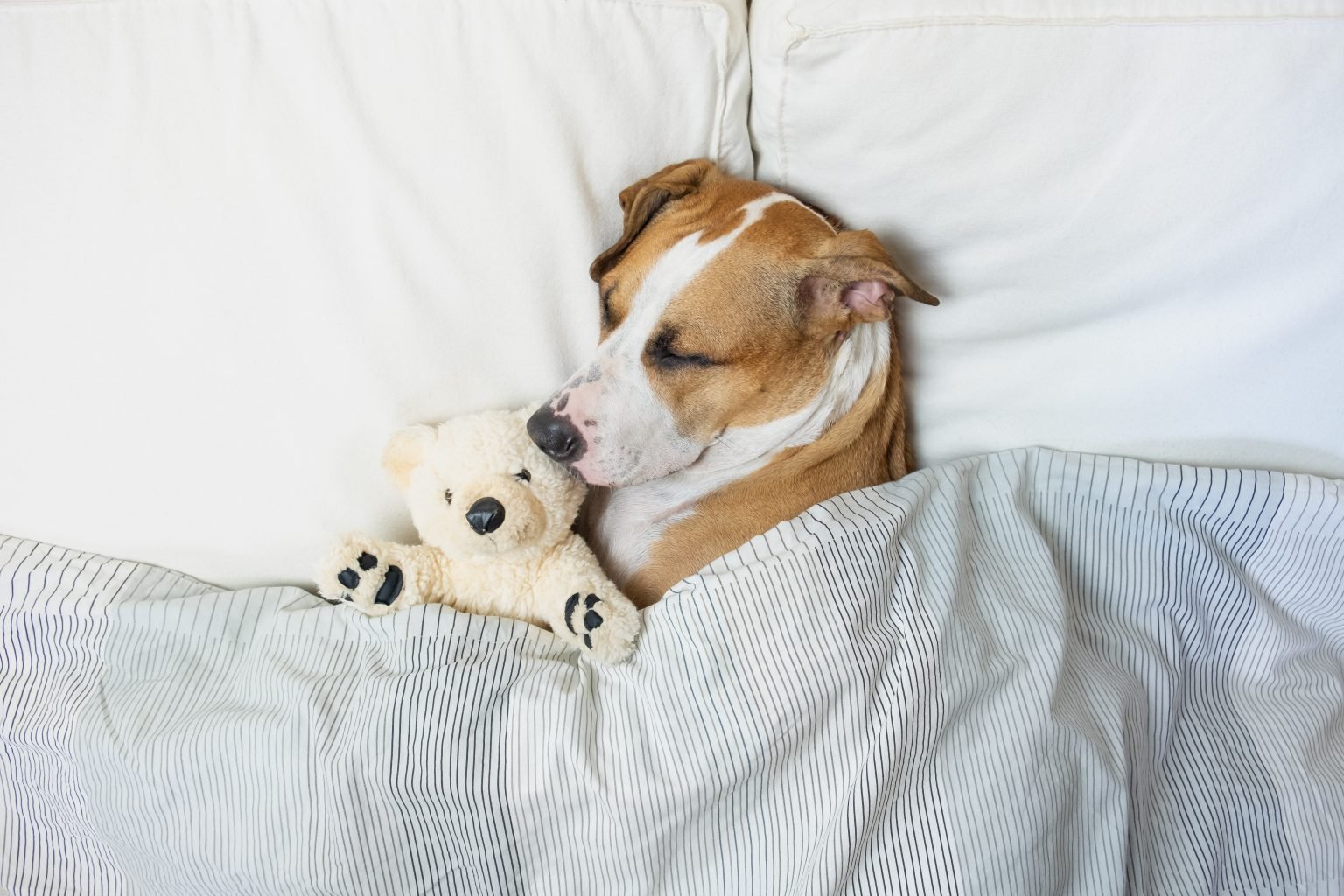How To Solve Sleep Problems Naturally
Have you ever been lying in bed at night and asking yourself: why I’m tired, but I can’t sleep? Often, the harder you struggle to sleep, the more awake you are. After many sleepless nights, you begin to wonder with a fuzzy mind: Can insomnia kill you? You even started asking Dr. Google, how to sleep? Why can’t I sleep through the night? How to get to sleep when you can’t? Even if you manage to fall asleep, anxiety keeps waking you up; the problem shifts from having trouble falling asleep to having trouble staying asleep. You do not want to take medication, but how to solve sleeping problems naturally? To answer this question, you need to know what exactly are the causes of insomnia or lack of sleep?
Causes Of Sleep Problems

Insomnia may be either the primary problem or associated with other conditions. Main causes of sleeping problems usually include stress or emotional disturbance, life events or habits that disrupt sleep, besides general pathological reasons.
1. Stress and everyday concerns
Whether it is a fight with your partner, a report due at school or at work, your loved one’s health problems, or a job loss, stress and everyday concerns may stimulate your brain and keep us awake at night.
2. Poor sleep habits causes sleep prohlems
Many people find it fun to use their smart phone or other electronic devices in bed. However, scrolling down TikTok or Instagram actually does not help your mind and body to wind down, instead, it stimulates your brain and makes it tougher to get a good night’s sleep. Similarly, playing video games, watching TV in bed, or exercise or eating too much late at night may all cause sleeping problems.
3. Irregular sleep schedule
Irregular sleep schedule may interrupt your body clock, or circadian rhythm, and cause insomnia. Jet lag due to travel across multiple time zones, too long a nap at daytime, and frequent shift change at work may all cause trouble falling asleep.
4. Use of stimulants lead to sleep problems
Use of stimulants may hamper your sleep, including coffee, tea, cola and other caffeinated drinks. Obviously drinking them in the late afternoon or evening can keep you awake at night. Next, smoking cigarettes may also interfere with sleep because nicotine is another stimulant. Although alcohol may help you to fall asleep, it often brings you shallow sleep and causes broken sleep, or awakening in the middle of the night.
5. Mental health Causes Sleeping Problems
People who are struggling with mental distress are more susceptible to insomnia. For example, anxiety disorders, such as post traumatic stress disorder, may be closely related to sleep disturbance. Significant sleep difficulty is also associated with depression.
6. Health conditions and medications
Some medical conditions are associated with insomnia, such as sleep apnea, chronic pain, cancer, heart disease, asthma, diabetes, and Parkinson’s disease. Certain medications including antidepressants and medications for asthma or blood pressure may also link with insomnia.
Psychological Effects Of Sleep Problems
Insomnia can have negative effects on many parts of our body and brain, causing issues in psychological and physical health. When we suffer from poor sleep on a daily basis, it can have a detrimental impact on quality of life. Specifically, sleep problems undermine our capacity to stay alert. Indeed, being vigilant paves the way for thinking, knowing, remembering, judging, and problem-solving. Worst of all, it increases the potential of a variety of mental and emotional disturbances, inducing conditions such as mood issues, memory difficulty, fatigue, difficulty paying attention, and aggressiveness.
When you internalize the belief ‘I can’t sleep well and I’m such a loser’, what might be the repercussions? The answer is obvious: it often produces a strong sense of hopelessness, which, sadly, might be the very beginning of depression.
The most common psychological condition linked with insomnia is obviously anxiety disorders. Next to it, mood disorders and substance abuse. Insomnia may also be associated with increased risk of suicidal ideation.
How To Solve Sleep Problems Naturally
Can insomnia be treated? The answer is yes. How to fall asleep fast? How to sleep better? What are the strategies and treatments for insomnia in adults and youngsters? Here are some sleeping problems solutions.
Good sleep hygiene practices
Sleep hygiene is the practice applied to enhance sleep quality. It typically includes sleep routine, sleep environment, and daytime activities. In general, a bedtime routine is a set of predictable activities associated with good night sleep. One of the most common sleep hygiene practices is to make sure to go to bed and wake up consistently on the same schedule. Other normal sleep-induced conditions like darkness and a quiet environment are generally good sleep stimuli.
For example, using your bed only for sleep, except for sex. Or going to bed only when you feel sleepy. This way, it can help to establish the desired connections between your bed and the activity of sleeping. Other good sleep hygiene practices include minimized electronic device usage, limit naps, avoid caffeine, alcohol, and nicotine use.
Relaxation and mindfulness sleep exercise
Relaxation and mindfulness meditation practice has been part of insomnia treatments as an alternative approach in recent years. What is mindfulness relaxation and meditation for sleep? Simply put, it is your awareness of the present moment without judgment. That is, you are able to slow down racing thoughts, let go of criticism, and calm both your mind and body.
Relaxation is, in other words, mindfulness to the body and relief of physical pressure. Have you ever paid attention to your muscles and breath when you struggle to sleep? If you have, did you notice how inflexible your muscles became? Our body is born flexible, yet it gradually grows stiff because of the accumulation of negative emotional energies and stress. Things to do when you can’t sleep could include learning how to adjust our breath to where it is most needed for rigid muscle to relax is a useful practice for insomnia.
Manage stress to solve sleep problems
When you are stressed out, the simple act of falling or staying asleep may not be so simple. Luckily, you can always learn to lock the stress out of the bedroom door before you go to bed. Specifically, try to void intense physical and mental activities before your routine sleep schedule. For example, thinking about the daytime worries before you go to sleep, does not help your sleep quality and sleep duration. Instead of letting worries invade our sleep mind, this is what you can do: First, make notes of your concerns, fears, and problems at least hours before going to bed; then ‘seal’ them on paper for the next morning to come up with solutions when you wake up. In so doing, you sort out and prioritize the problems that cause your stress. More importantly, you can employ this as a method to monitor the causes of everyday stress, so that you can develop better ways to manage them.
Use cognitive behavioral therapy for insomnia
One of the most effective behavioral treatment of sleeping problems is cognitive behavioral therapy for insomnia (CBTI). CBTI has long been proven to be as effective as medical treatments. The rationale is that the conscious and subconscious mind can be the biggest enemy when it comes to sleep. That is, our robust cognitive processing ability during the daytime, which plays a beneficial role in planning or critical thinking, turns out to be a disadvantage to sleep. We have all experienced the adverse effects of our thoughts on sleep, often generated from anxiety over next-day performance. Cognitive treatment includes techniques devised to enable patients to exercise greater control over what to think about and when to think about it.
In a nutshell, you can train yourself to worry about your worries while not in bed; you can also reorganize your thoughts to reduce the impact of disturbing brain activities. CBT for insomnia may involve one or more treatments. Consult with your sleep psychologist to find out the most suitable options to help you get better rest.
In our practice, our therapists can help you to manage stress, anxiety, and depression, as well as the associated sleep problems. Contact us and we will provide our effective insomnia treatment for you to sleep better.
Content: Wenqi (Vinky) Qiu; Reviewed by Dr. June Cao



Solve sleeping problems naturally. Hopefully. Best wishes.
Hi there, I enjoy reading through your article. I wanted to write a little comment to support you.
Love your blog! I can genuinely obtain helpful information. Keep up with the good work.
Thank you for your blog article. Have been struggling with sleep difficulty. Need help.
Real nice style and wonderful content on insomnia without medication
Hey, thanks for the article post. Really looking forward to read more. Mind sharing some tips on health anxiety?
You made some good points there. Cognitive behavioral therapy for insomnia sounds promising
You are obviously very knowledgeable. It’d be great if you could continue to write more on something about insomnia and depression
I truly thank you for your information. I practice mindfulness meditation for my insomnia. It works very well
My mom has sleeping problems and wants to treat naturally. Really appreciate you sharing this article post.
Amazing article dude! Thanks, do you treat people with sleeping problems? I’m in New York looking for a therapist for insomnia.
Simply wanna say that this is very useful , Thanks for taking your time to write this.
Hiya, I am really glad I have found this insomnia and mental health information. A good site with interesting content, that is what I need. Thanks for making this site, and I will be visiting again. Do you do newsletters by email?
Great post!!! Love the info on solving insomnia without medication
Thank you for the blog, It helps with solving my sleeping problems because I don’t want to use Ambien. Please keep great writing, have a nice day!
I have insomnia too, don’t want to take meds, afraid of its side effects, hope to resolve sleeping problems naturlly. You have brought up a very fantastic topic, thanks for the post.